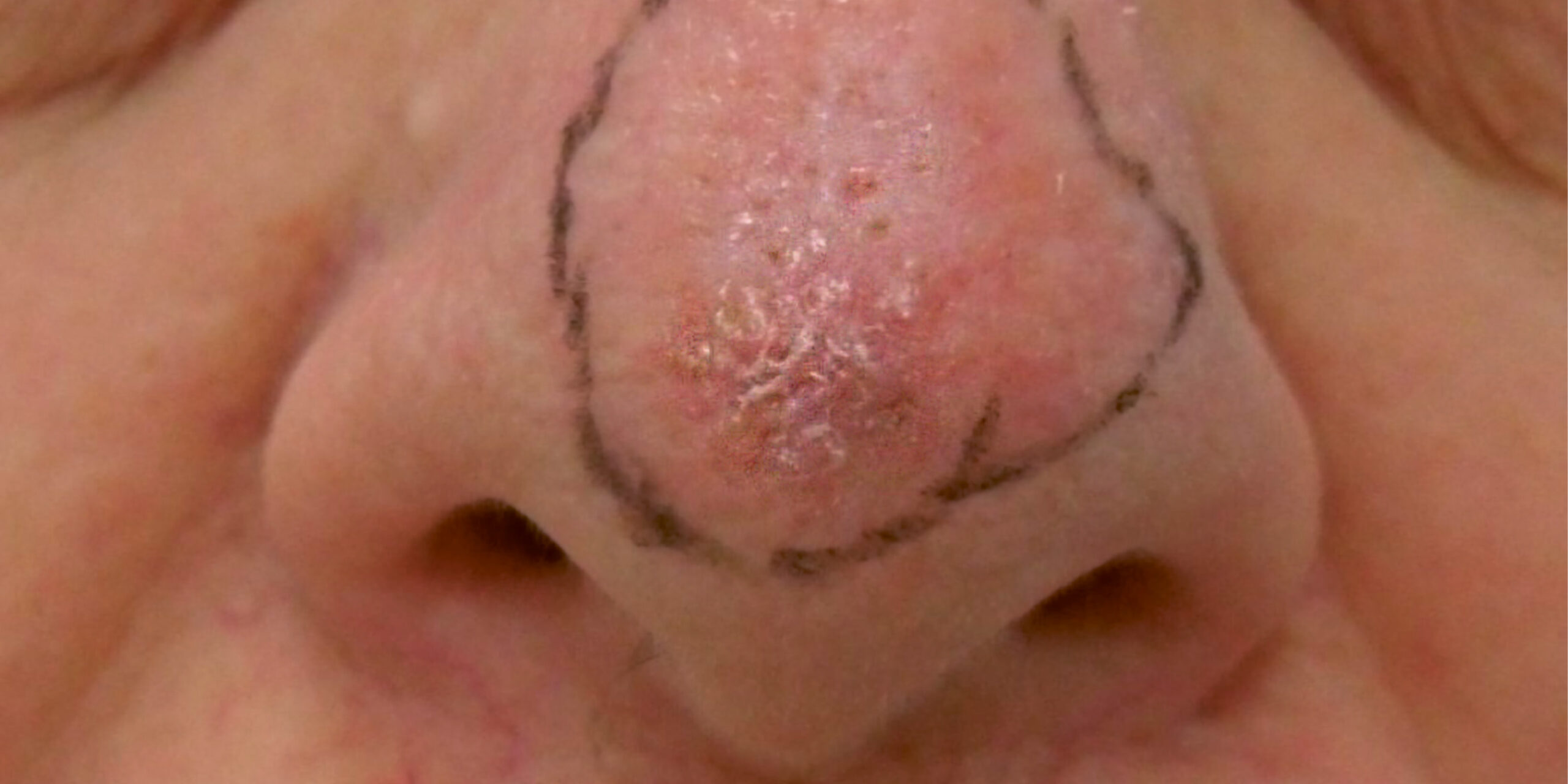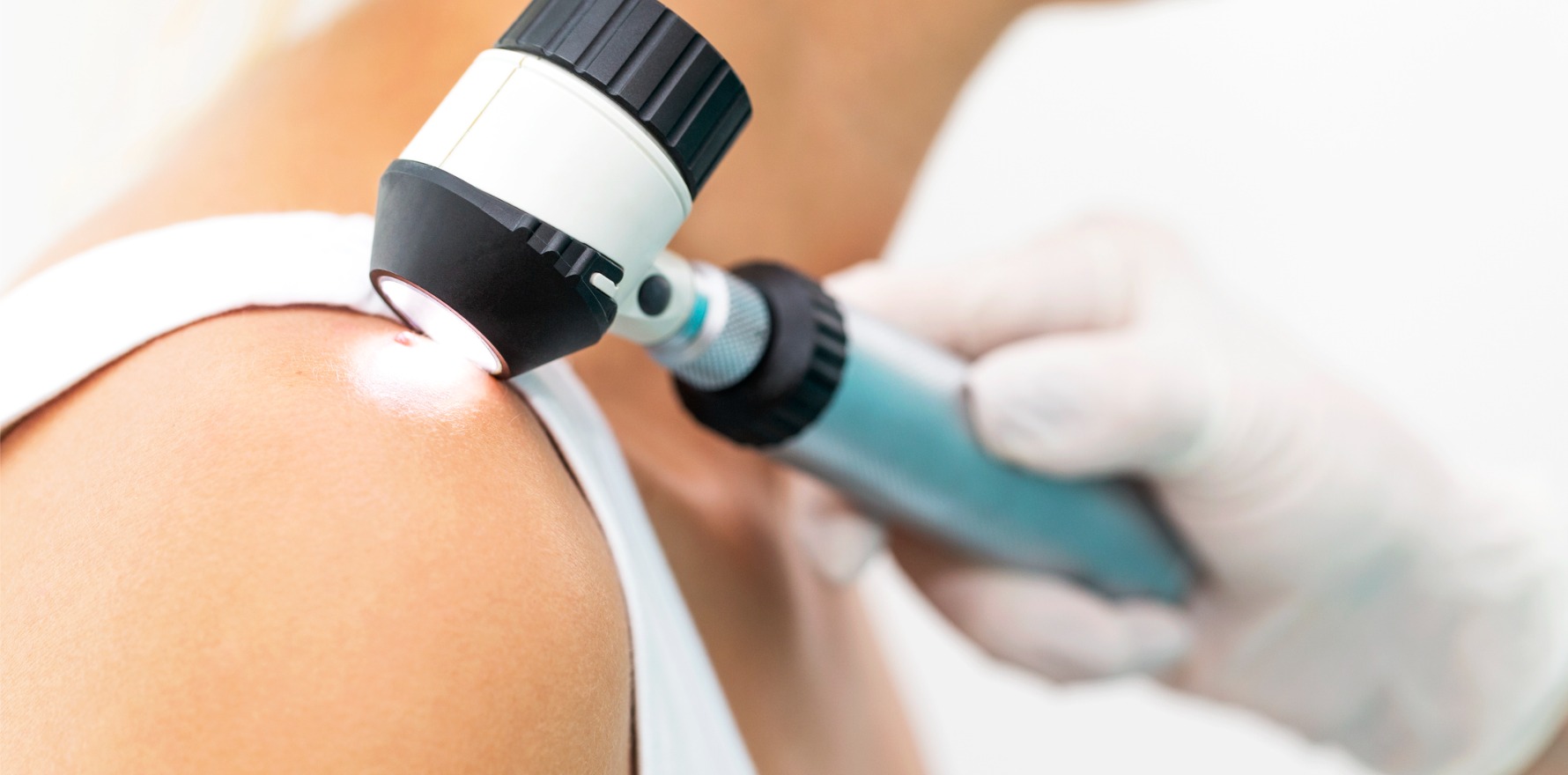Chemoprophylaxis options exist for patients troubled by frequent BCCs and SCCs.
For patients with a high burden of non-melanoma cancers, there is more to prevention than just sun avoidance and regular checks and excisions.
An article in the latest issue of Australian Journal of General Practice, which focuses on skin cancer, outlines two chemoprophylaxis options exist: one sold over the counter, the other usually requiring a dermatologist prescription.
Vitamin B3, aka nicotinamide or niacinamide, is sold in pharmacies and can be used as an adjunct therapy in an oral dose of 500mg twice daily.
In the Oral Nicotinamide to Reduce Actinic Cancer trial, “oral vitamin B3 was shown to have possible efficacy in participants with at least two keratinocyte skin cancers in the previous five years,” the authors write. “At this point, it is not recommended for lower-risk individuals without a history of keratinocyte cancer.”
Corresponding author Dr Marija Johns told Oncology Republic the ONTRAC trial had showed an up to 18% reduction in keratinocyte (non-melanoma) cancers, i.e. basal cell carcinomas and squamous cell carcinomas, which was a lower efficacy than sunscreen – “so this does not replace sun protection”.
“There’s no evidence for it as primary prevention,” said Dr Johns, who practises in and researches skin cancer. “If you’ve never had a skin cancer before, the evidence isn’t really great that it’s going to do anything. It’s something that I generally will recommend to my patients if they’re having a significant burden of disease from non-melanoma skin cancer. It has no evidence for melanoma, so it’s just for BCCs and SCCs.
“It also does have some evidence for actinic keratosis, those pre-cancerous changes.”
The guidelines recommend vitamin B3 for this purpose in patients with two or more keratinocytes, “but with some patients, depending on their actinic damage, I will say you might want to consider taking this as well … We haven’t found any risks unless someone’s got quite severe cardiovascular disease.”
There is no evidence of benefit in immunocompromised people, however, who are more susceptible to SCCs. Dr Johns said the reasons weren’t entirely clear, but that B3 appeared to work through an immune pathway that is only available in immunocompetent patients.
Associate Professor Stephen Shumack, a dermatologist at Royal North Shore Hospital, said the lack of evidence of benefit in the immunocompromised could in fact come down to problems with a major Australian study, which was underpowered and actually ran out of nicotinamide.
But because it was safe and cheap and probably had some benefit, it was worth giving even to immunocompromised patients, he said.
Related
Some patients experience significant skin flushing, while formulations without enteric coating can cause nausea, Dr Johns said.
Acitretin, a retinoid or vitamin A derivative, requires a dermatologist referral in all states except Western Australia. It is similar to the acne drug isotretinoin and similarly teratogenic in women, with a two-year washout before pregnancy can be safely attempted.
“You can never prescribe it to a woman of childbearing age, only to older people who get a lot of SCCs, and to men,” said Professor Shumack, who has researched the use of retinoids for skin cancer prevention in transplant recipients.
“It blocks the formation of abnormal cells into SCCs relatively late (in the process). It works fairly quickly, and when you stop taking it they come back again.”
Acitretin can be used in patients who are suffering from a significant burden of non-melanoma skin cancers, including those who are immunocompromised.
One small study on acitretin in renal transplant patients (n=38), cited in the Cancer Council’s guidelines, found an almost 80% lower incidence of SCCs in the treatment group over six months compared with placebo, with mild mucocutaneous side effects and some patients experiencing mild hair loss.
“From my own clinical experience, I will generally refer somebody when their burden of disease is becoming too much for them and they want to consider something else,” Dr Johns said.
“I’ve got patients who I’ll see every three months and I’m cutting out three or four skin cancers every time. I’d refer them to a dermatologist to consider starting on this vitamin A analogue.
“We don’t have specific guidelines as to when to start it specifically, because it’s something that’s not as well studied at this point. So it’s usually just when the clinician has decided.”
Other side effects besides teratogenicity include dry, irritated and thin skin.
“Some people really want to start on it but a lot of my patients I find are not as keen – they’d rather just come in every three months and I’ll cut out a skin cancer,” Dr Johns said.





